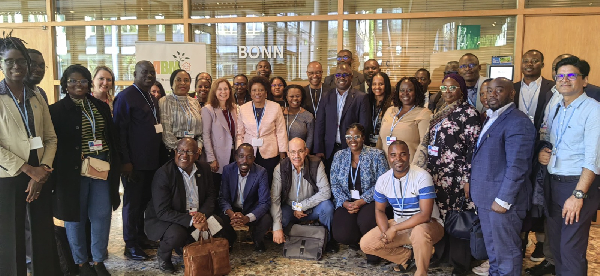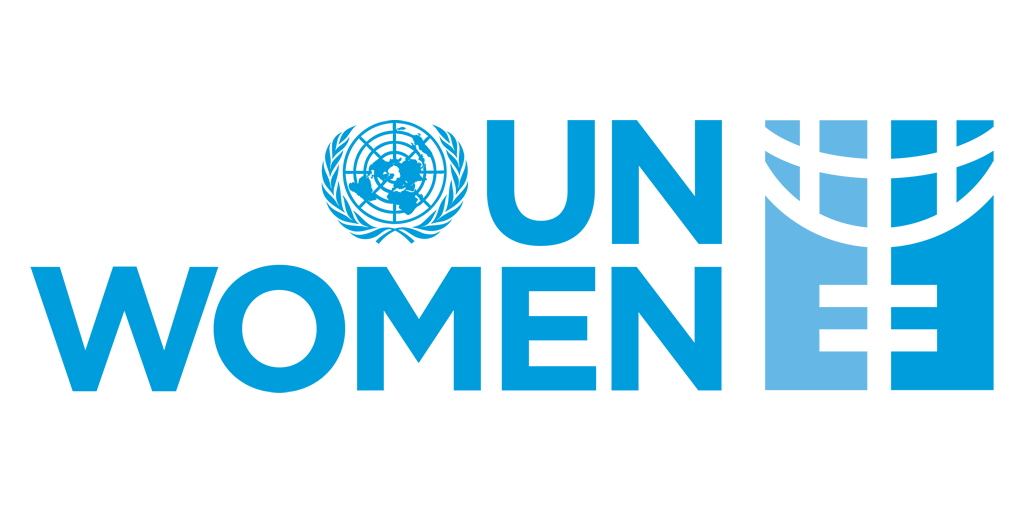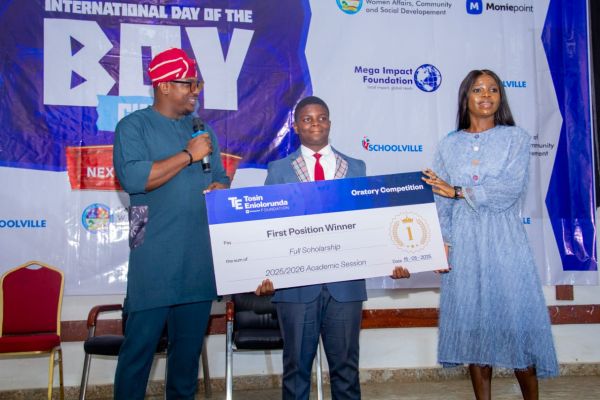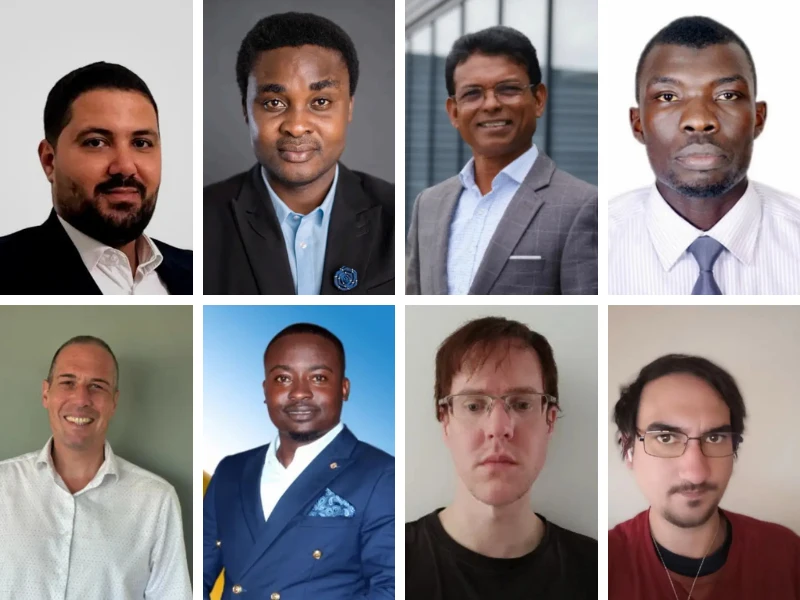Ghana's climate minister makes strong investment case for African NDCs in Germany
Seidu Issifu (2nd from L) is seen speaking at one of the engagements in Bonn
At the ongoing 62nd session of the Subsidiary Bodies (SB62) in Bonn, the spotlight turned to Africa as policymakers, development partners and climate finance institutions gathered for a high-level side event titled, “The Investment Case for African Nationally Determined Contributions (NDCs).”
On this critical platform, the Minister of State for Climate Change and Sustainability of Ghana, Seidu Issifu, delivered a compelling message, stating that "Africa’s NDCs are not just policy documents — they are blueprints for survival, recovery, and prosperity. They demand urgent investment and fair financing."
Seidu Issifu joined a distinguished panel of leaders, including Commissioner Margaret Wembeza of Uganda, Professor Anthony Nyong of the African Development Bank, Balisi Gopolang, Director of Climate Change from Botswana, and a senior official from the government of Zimbabwe.
Together, they laid bare the financing gaps that hinder Africa’s climate goals and the urgent need for scaled-up international support.
In his address, the minister powerfully underscored the centrality of climate finance to Ghana’s development and resilience.
Presenting Ghana’s updated NDCs, he outlined an ambitious but pragmatic plan anchored in 47 programme actions, 19 policy reforms, and 11 priority sectors, including health, agriculture, water resources, sanitation, oil and gas, gender, energy, and communications.
These efforts are expected to yield 8 key economic outcomes and require an investment range between $9.3 billion and $15.5 billion.
Seidu Issifu did not mince words when he called for "a rethink of the global climate finance architecture," demanding that "investors view African NDCs as investment-ready platforms that offer high climate returns."
He highlighted how Ghana has integrated private sector mobilisation, innovative policies, and green investment strategies across sectors to ensure real impact.
Yet, the minister was clear in stating that; “Without sustained international support and debt relief, our ambitions risk becoming rhetorical.”
In a bold and honest plea, he drew attention to the burden of debt many African nations are grappling with — debt largely accumulated, while responding to climate-induced disasters and shocks.
“We are being forced to borrow to clean up the mess caused by climate change — a crisis we did not create. Debt forgiveness is not charity. It is justice,” he stated.
The Ghanaian case was particularly striking in the transport sector, where Issifu showcased Ghana’s leadership in adaptation and low carbon transition.
Achievements include the revision of the national transport policy in response to the Paris Agreement, and the adoption of a national electric vehicles policy in 2023.
The country is offering eight-year tax rebates on public electric vehicle imports, has digitised vehicle registration, and introduced emission standards and decentralised inspections.
The Minister of State for Climate Change and Sustainability, Seidu Issifu, also spotlighted the rise of innovative local enterprises such as KOFA, WAHU, and Solar Taxi — three dynamic companies mobilising investment into electric motorbikes and buses, leveraging carbon credit frameworks to drive private sector engagement.
In response, Professor Anthony Nyong of the African Development Bank shared tools under the NDC 3.0 implementation strategy, and reiterated the bank’s commitment to supporting bankable climate projects.
Botswana and Zimbabwe also echoed the importance of aligning NDCs with national development plans and leveraging innovative finance mechanisms.
The event served not only as a call to action but as a reminder that African countries are not waiting for solutions — they are building them.
Ghana’s presence and leadership, as expressed through Seidu Issifu’s intervention, resonated deeply with the audience.
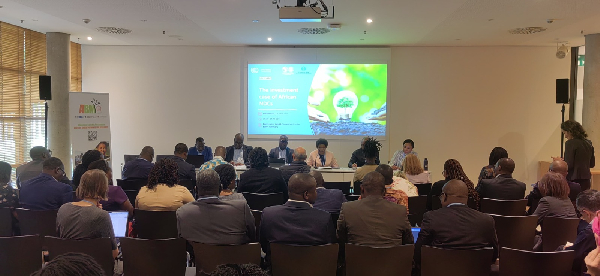
It reinforced that with the right investment, policy backing and fair financial treatment, African NDCs can power the continent’s transformation.
As the SB62 meetings continue in Bonn, Ghana has once again positioned itself as a proactive voice for climate equity, innovation, and sustainable prosperity — and its NDCs stand as an open invitation for partnership, trust, and bold action.
